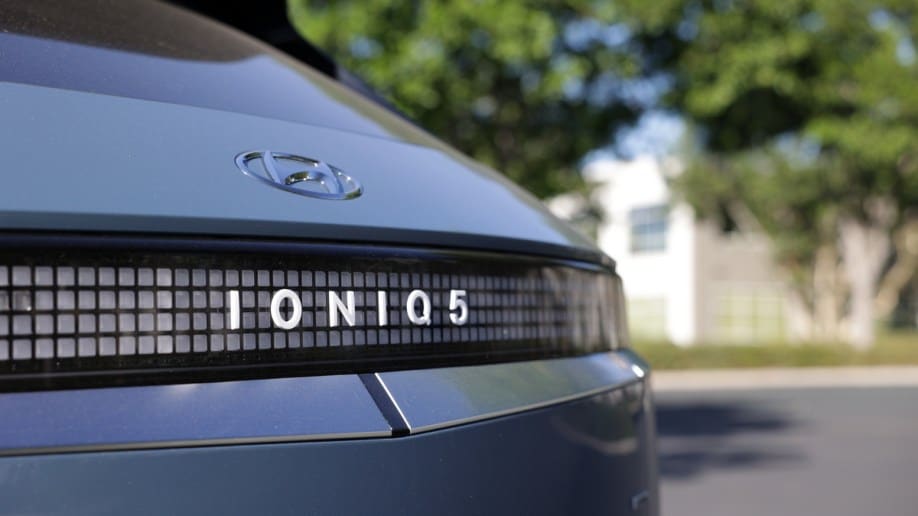
Hyundai Moving Without a Formal Recall
The move isn’t a recall because Hyundai is acting before federal safety regulators get involved. But we wouldn’t be surprised to see the automaker file paperwork to make this a formal recall. Dealers may simply be acting faster than the government can process the paperwork.
One-Pedal Driving
The problem involves a feature unique to electrified vehicles and some plug-in hybrids. It’s commonly called “one-pedal driving,” though many manufacturers have a proprietary marketing term for it. Hyundai calls the feature “i-Pedal.”
Related: One-Pedal Driving – Everything You Need to Know
Electric motors can provide both momentum to get a car going and resistance to slow it down without the actual brakes in the wheels ever engaging. In one-pedal driving, that resistance is dialed up enough to slow the car to a stop. The driver can then accelerate by pressing down on the accelerator pedal and brake by easing pressure on it.
Drivers can even stop without ever pressing the brake pedal.
In a recent round of testing, Consumer Reports drivers found they could bring many EVs to a complete stop, not just without touching the brakes, but without fully releasing pressure from the accelerator pedal.
In some instances, EV brake lights didn’t illuminate unless the driver took their foot completely off the pedal.
Hyundai, Genesis, and Kia Models Tested
“While most of the EVs in CR’s fleet did illuminate their brake lights appropriately during aggressive regenerative braking, several of them did not, even when deceleration levels were considered more aggressive,” they wrote. Affected models include:
- 2022 Hyundai Ioniq 5
- 2023 Genesis GV60
- 2023 Genesis Electrified GV70
- 2022 Kia EV6
- 2023 Kia Niro EV
The YouTube channel Technology Connections also released a recent video illustrating the problem. TC’s test driver brought a Hyundai Ioniq 5 to a complete stop from 60 mph without the brake lights illuminating until the car completely stopped.
That could leave another driver unaware the EV ahead is slowing, contributing to a possible collision.
Hyundai Launching Software Update
A Hyundai spokesperson tells Autoblog the company will update the software so that “Regardless of the accelerator pedal input, the brake lights will now turn on when the deceleration rate exceeds approximately 0.13 G[-force].” That level is probably enough to prevent accidents.
The statement doesn’t say whether the update can be sent remotely. Owners might have to bring their cars to a dealership to get it.
The statement also didn’t clarify whether the update applies to Hyundai’s Genesis luxury arm. We’ve reached out to ask and will update this article when we hear back.
We’ve also asked Kia. Kia spokesperson James Hope told CR the company “is evaluating the matter” and “places a priority on vehicle safety.” Kia and Hyundai share some ownership but handle recalls and safety issues separately. So a Hyundai safety campaign doesn’t necessarily mean a Kia equivalent is coming. But, in practice, it usually does.
Many cars are recalled to fix safety defects, sometimes more than once. While automakers try to reach every owner to ask them to bring the vehicle in for repair, they rarely reach them all. Millions of vehicles on American roads need free recall repairs. Check the easy VIN tool at our recall center to find out if your car is one of them.







